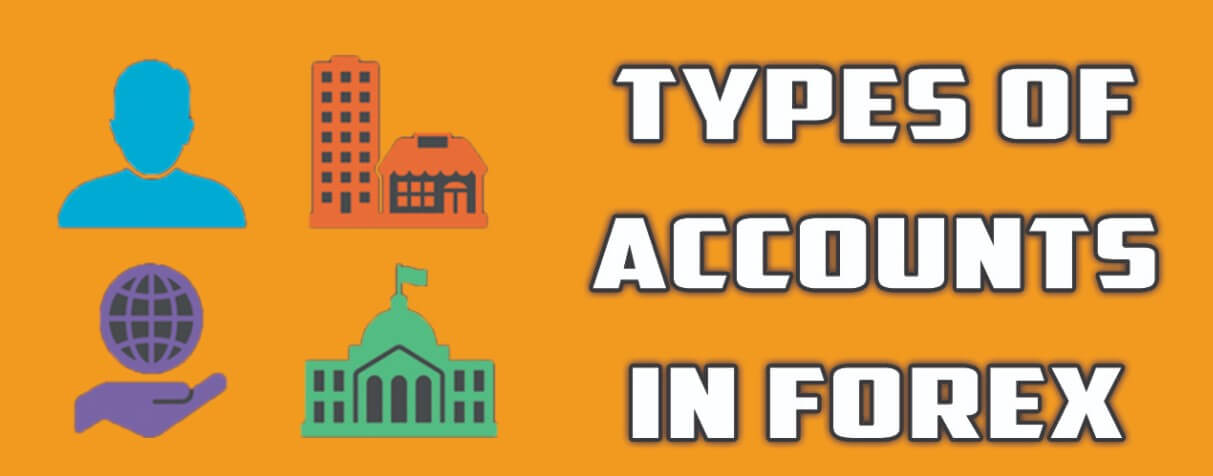
In general, a futures trader who rolls over a futures futures contract does so shortly before the expiration date of the original contract. This is to save the trader from having to pay delivery and storage costs. There are a few things to keep in mind when rolling over futures contracts.
First, the holding price of the position is the difference in interest paid and interest earned on that position. The forces supply and demand determine the implied financing costs of futures rolls. Generally, futures are more economically attractive when the implied funding cost is low than when it’s high. ETFs are also more attractive economically when their implied financing costs are lower than when they are higher.

An implied financing rate is the rate at which a futures investor will pay a 3-month USD-ICE LIBOR. This rate is based a trade's nominal value. It is determined by arbitrage opportunities. Each quarter brings a variation in the implied financing cost of futures rolls. In most cases however, the implied financing costs are below 3mL + 2.9bps. This is the average three-week average implied funding rate over the three prior months.
A futures investor has three choices before the expiration date. a) Buy ETF corresponding to the ETF; b) Buy E-mini S&P500 options or c). The E-mini S&P500 options can be purchased and then rolled over to the next monthly month. The volume of an expiring contract will help trader decide when to move to the next monthly.
For the E-mini S&P 500 futures, the average quarterly implied funding rate was -0.73 percent in 2015, compared to the corresponding ETF's average quarterly implied funding rate of -0.84 percent. This is because a fully-funded investor has to pay the implied financing rate on the notional value of the trade, which is the difference between the 3-month USD-ICE LIBOR and the notional value of the position. The fully-funded investor should have enough cash to cover the position and any cash left over in interest bearing deposit. ETFs generally have higher transaction costs than prime broker funding spreads. This makes futures more economic attractive, regardless if you have a lot of money.

The futures investor has two choices when renewing a contract. A) Roll over the current contract, which is based on the volume of the contract, or B) Roll over the contract to a new month, which is based on the volume of a new contract. When renewing futures contracts traders need to consider two factors: volume and cost. The costs of futures are typically low, but the volume is often lower. Therefore, trader will have to pay delivery and storage costs. Futures investors must also pay basis risk. This can reduce the hedge's effectiveness.
FAQ
What is security at the stock market and what does it mean?
Security is an asset that generates income for its owner. Most common security type is shares in companies.
One company might issue different types, such as bonds, preferred shares, and common stocks.
The earnings per shared (EPS) as well dividends paid determine the value of the share.
Shares are a way to own a portion of the business and claim future profits. You will receive money from the business if it pays dividends.
You can sell your shares at any time.
What are the advantages to owning stocks?
Stocks are more volatile than bonds. The value of shares that are bankrupted will plummet dramatically.
However, share prices will rise if a company is growing.
Companies often issue new stock to raise capital. This allows investors the opportunity to purchase more shares.
Companies borrow money using debt finance. This gives them cheap credit and allows them grow faster.
When a company has a good product, then people tend to buy it. The stock price rises as the demand for it increases.
The stock price should increase as long the company produces the products people want.
How can I find a great investment company?
You want one that has competitive fees, good management, and a broad portfolio. Commonly, fees are charged depending on the security that you hold in your account. Some companies have no charges for holding cash. Others charge a flat fee each year, regardless how much you deposit. Some companies charge a percentage from your total assets.
You should also find out what kind of performance history they have. A company with a poor track record may not be suitable for your needs. Companies with low net asset values (NAVs) or extremely volatile NAVs should be avoided.
You also need to verify their investment philosophy. Investment companies should be prepared to take on more risk in order to earn higher returns. If they are not willing to take on risks, they might not be able achieve your expectations.
How can people lose money in the stock market?
Stock market is not a place to make money buying high and selling low. It's a place where you lose money by buying high and selling low.
The stock exchange is a great place to invest if you are open to taking on risks. They would like to purchase stocks at low prices, and then sell them at higher prices.
They hope to gain from the ups and downs of the market. They might lose everything if they don’t pay attention.
What is the main difference between the stock exchange and the securities marketplace?
The securities market is the whole group of companies that are listed on any exchange for trading shares. This includes stocks as well options, futures and other financial instruments. Stock markets are usually divided into two categories: primary and secondary. Primary stock markets include large exchanges such as the NYSE (New York Stock Exchange) and NASDAQ (National Association of Securities Dealers Automated Quotations). Secondary stock exchanges are smaller ones where investors can trade privately. These include OTC Bulletin Board, Pink Sheets and Nasdaq SmallCap market.
Stock markets are important because they provide a place where people can buy and sell shares of businesses. The price at which shares are traded determines their value. Public companies issue new shares. Dividends are paid to investors who buy these shares. Dividends are payments made to shareholders by a corporation.
Stock markets provide buyers and sellers with a platform, as well as being a means of corporate governance. Boards of directors, elected by shareholders, oversee the management. The boards ensure that managers are following ethical business practices. If a board fails in this function, the government might step in to replace the board.
What role does the Securities and Exchange Commission play?
SEC regulates brokerage-dealers, securities exchanges, investment firms, and any other entities involved with the distribution of securities. It enforces federal securities regulations.
What is a mutual fund?
Mutual funds are pools of money invested in securities. Mutual funds offer diversification and allow for all types investments to be represented. This helps reduce risk.
Professional managers manage mutual funds and make investment decisions. Some funds let investors manage their portfolios.
Because they are less complicated and more risky, mutual funds are preferred to individual stocks.
Statistics
- The S&P 500 has grown about 10.5% per year since its establishment in the 1920s. (investopedia.com)
- Ratchet down that 10% if you don't yet have a healthy emergency fund and 10% to 15% of your income funneled into a retirement savings account. (nerdwallet.com)
- Our focus on Main Street investors reflects the fact that American households own $38 trillion worth of equities, more than 59 percent of the U.S. equity market either directly or indirectly through mutual funds, retirement accounts, and other investments. (sec.gov)
- Individuals with very limited financial experience are either terrified by horror stories of average investors losing 50% of their portfolio value or are beguiled by "hot tips" that bear the promise of huge rewards but seldom pay off. (investopedia.com)
External Links
How To
How to Invest in Stock Market Online
You can make money by investing in stocks. There are many methods to invest in stocks. These include mutual funds or exchange-traded fund (ETFs), hedge money, and others. Your risk tolerance, financial goals and knowledge of the markets will determine which investment strategy is best.
First, you need to understand how the stock exchange works in order to succeed. This involves understanding the various types of investments, their risks, and the potential rewards. Once you know what you want out of your investment portfolio, then you can start looking at which type of investment would work best for you.
There are three main types of investments: equity and fixed income. Equity is the ownership of shares in companies. Fixed income can be defined as debt instruments such bonds and Treasury bills. Alternatives include commodities, currencies and real estate. Venture capital is also available. Each option comes with its own pros and con, so you'll have to decide which one works best for you.
There are two main strategies that you can use once you have decided what type of investment you want. One strategy is "buy & hold". You purchase some of the security, but you don’t sell it until you die. Diversification, on the other hand, involves diversifying your portfolio by buying securities of different classes. By buying 10% of Apple, Microsoft, or General Motors you could diversify into different industries. The best way to get exposure to all sectors of an economy is by purchasing multiple investments. It helps protect against losses in one sector because you still own something else in another sector.
Risk management is another crucial factor in selecting an investment. Risk management can help you control volatility in your portfolio. A low-risk fund could be a good option if you are willing to accept a 1% chance. If you are willing and able to accept a 5%-risk, you can choose a more risky fund.
The final step in becoming a successful investor is learning how to manage your money. You need a plan to manage your money in the future. A good plan should cover your short-term goals, medium-term goals, long-term goals, and retirement planning. Then you need to stick to that plan! Keep your eyes on the big picture and don't let the market fluctuations keep you from sticking to it. Keep to your plan and you will see your wealth grow.